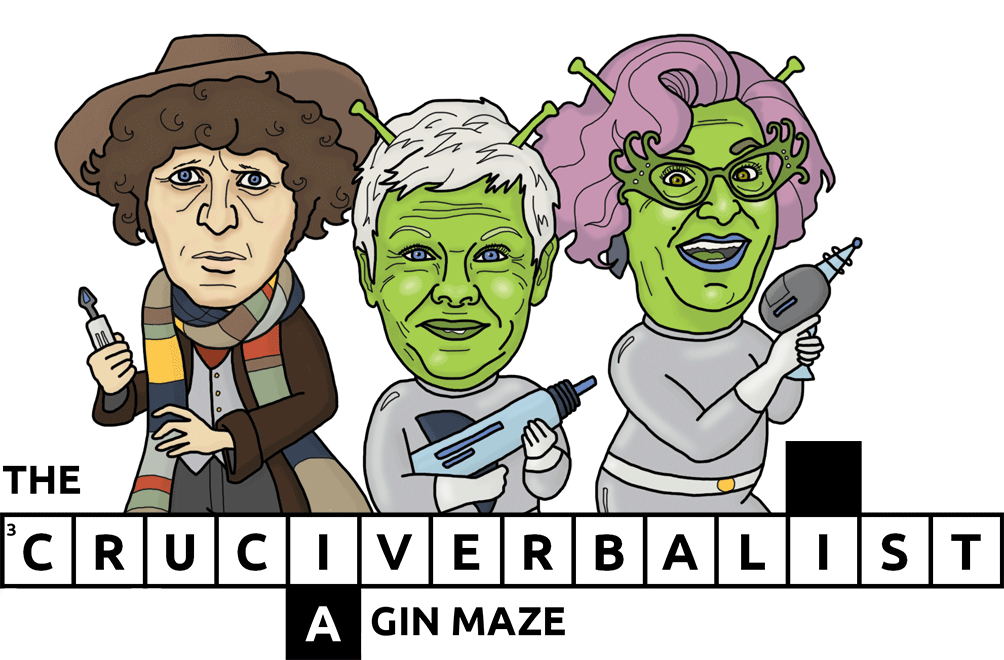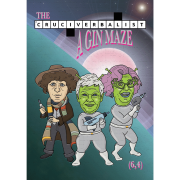Submissions
Our focus is cryptic crosswords, but we also publish quick crosswords (both British and American style). Our cryptic crosswords tend to be standard 15×15 girds and easier 9×9 grids. We’re very keen on themed puzzles and formal innovations.
Send your crosswords and answers (explanations are a bonus) as ipuz, puz, PDF or Word documents to editor@cruciverbalistmag.com
2018 Deadlines
Our first issue for 2018 is Jan/Feb, with a final deadline of 14 January.
We accept submissions at any time, but the deadline for each print issue is the first of every second month (February, April, June, August, October).
Themes
Every issue of The Cruciverbalist is (partly) themed. Get in touch if you’d like to create a crossword that matches one of our upcoming themes. Of course we accept non-themed cryptics and quicks, as well as themed puzzles of any type.
Guidelines
- In constructing a grid, two-letter answers should be avoided.
- Every answer should be properly checked (have intersecting clues). A good rule of thumb is that at least half the letters should be checked, and no more than two unchecked letters in a row.
- Ensure the clue’s definition matches its answer correctly (i.e. the same tense, same part of speech, etc.). You should generally be able to swap the definition and answer in a sentence.
- Make sure tenses and parts of speech match in wordplay too.
- Do not use indirect anagrams. You can ask the solver to rearrange the letters of PUSHKIN, but it’s unfair to ask that by only giving RUSSIAN POET.
- Watch out for hookworms. This is when wordplay elements directly match their meaning in the answer.
- Be as concise as possible. Avoid unnecessary words, particularly those included just to make the surface sound better.
- The surface reading of the clue should make sense (even if it’s bizarre) rather than being a jumble of words.
Our cardinal rule
Your crossword can be easy, difficult, risqué, experimental, entirely unsuitable for the daily newspaper. But it must be fair. Always keep the solver in mind. As Lady Frances Derwent says in Agatha Christie’s Why Didn’t They Ask Evans:
It’s like making crossword puzzles, you write down a clue and you think it’s too idiotically simple and that everyone will guess it straight off, and you’re frightfully surprised when they simply can’t get it in the least.

